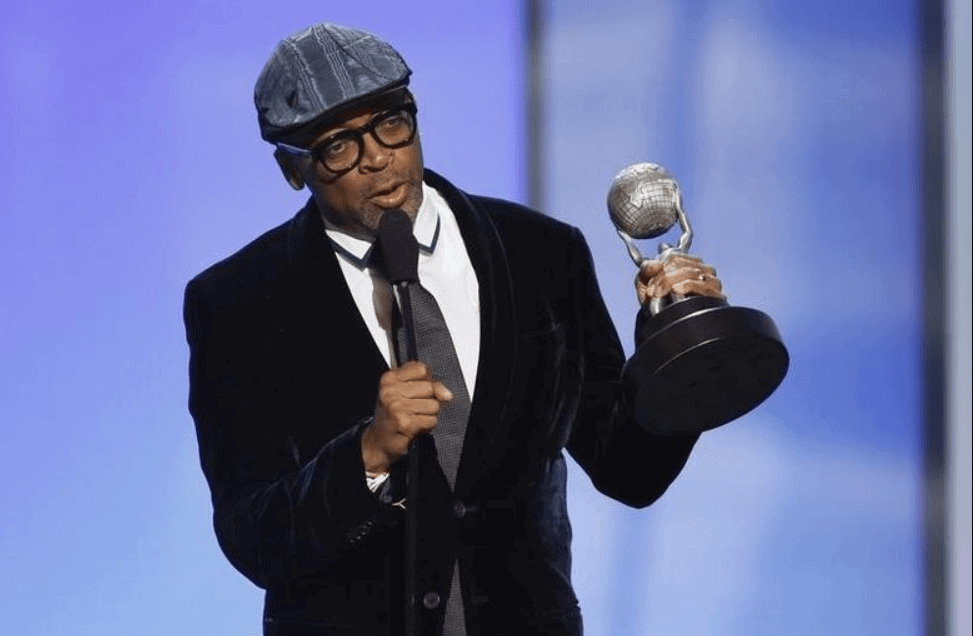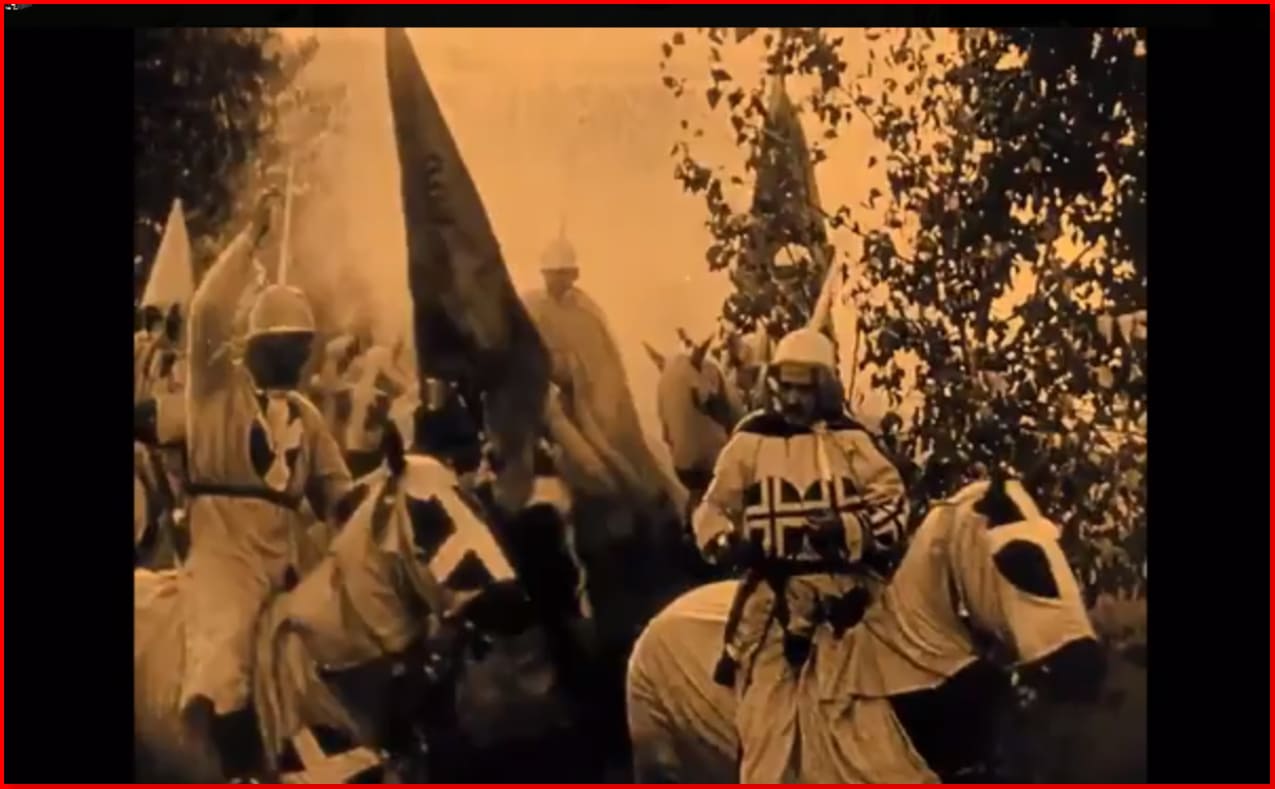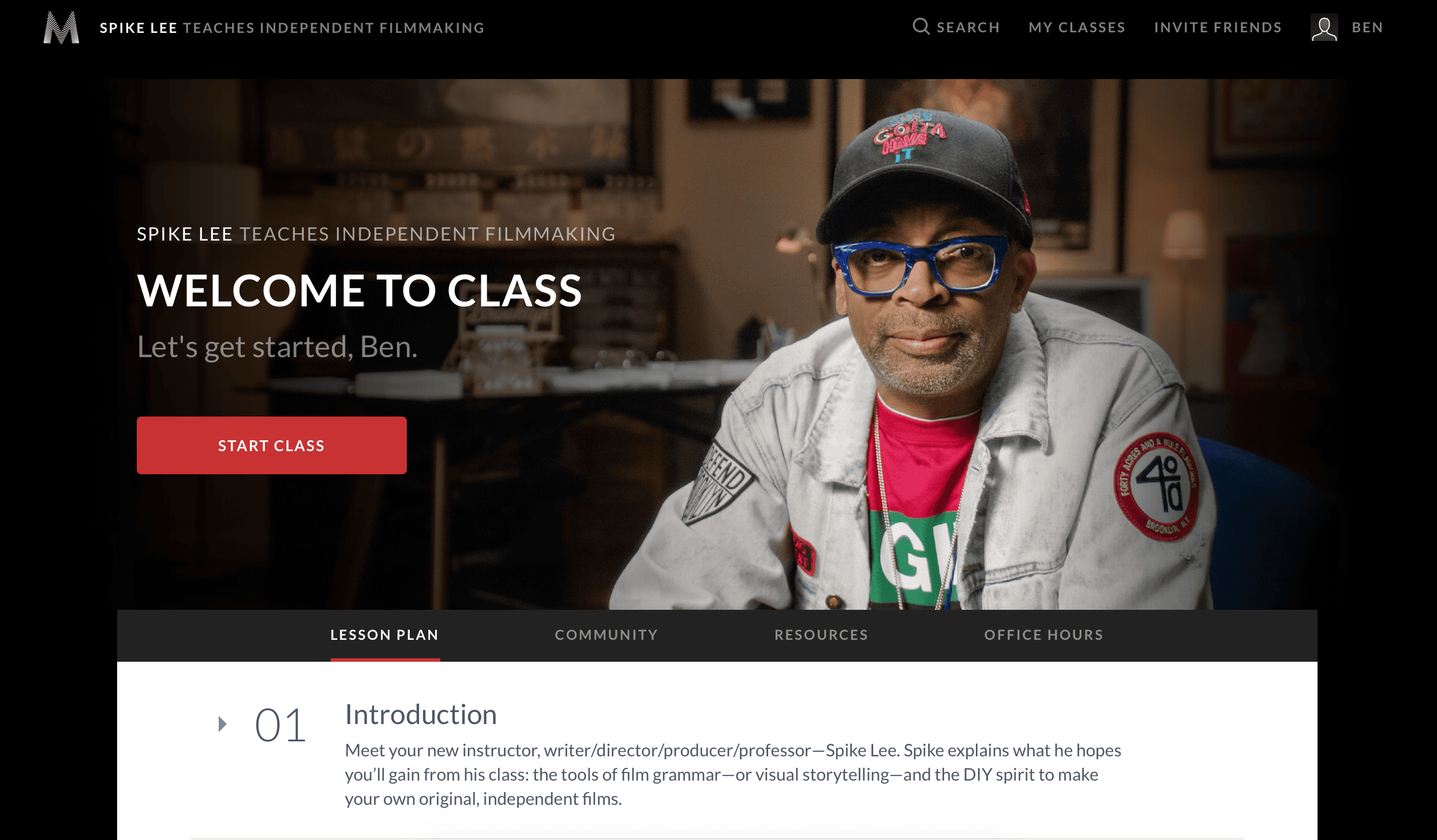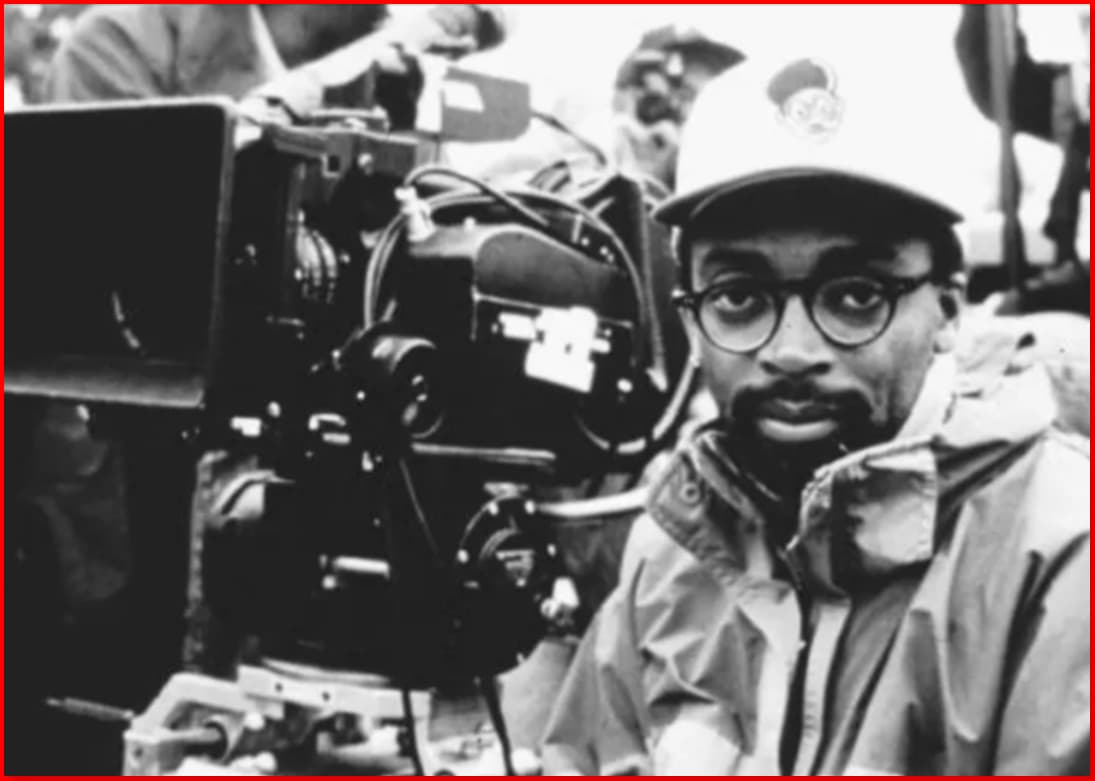
I really liked Spike Lee’s Masterclass. He shows how to make movies, from writing to directing. His advice and examples from his films are very useful. It’s good for anyone interested in movies, whether you’re new or have some experience. I learned a lot and enjoyed it.
- Learn from Spike Lee, a renowned filmmaker.
- In-depth lessons on casting and actor collaboration.
- Real-world case studies from Lee’s films.
- Encourages individual creativity and style.
- Access to a community of fellow film enthusiasts.
- Courses are Less theory-based
- Socio-political filmmaking is focused
Filmmaking is a complex art form that requires many skills and knowledge. Knowing where to start, how to learn the process, or what equipment you need is hard.
There are thousands of filmmaking tutorials on YouTube and other sites, but there aren’t any classes with the same structure as this one by Spike Lee.
Solution: This Spike Lee Masterclass will help you start making films in no time! You’ll learn everything from basic camera techniques for capturing amazing scenes to editing software like Final Cut Pro X.
The class is taught by Spike Lee, so it’s full of his insights into filmmaking. He also shares some great tips about using index cards when writing screenplays (it works!).
In this article, I have shared my review of the Spike Lee Masterclass and everything you should know before buying this masterclass.
The Masterclass is full of surprises. All our heroes are gathered in one area, and their A-list catalog does not stop. Man, I like to relax with Spike Lee movies.
So, when I entered the Full Pass Access (to bite into another class), I was pleasantly surprised to see the Masterclass “Spike Lee Teaches Independent Film-making.”
If you know Spike Lee, you will be surprised to see what you get with this film-making Masterclass!
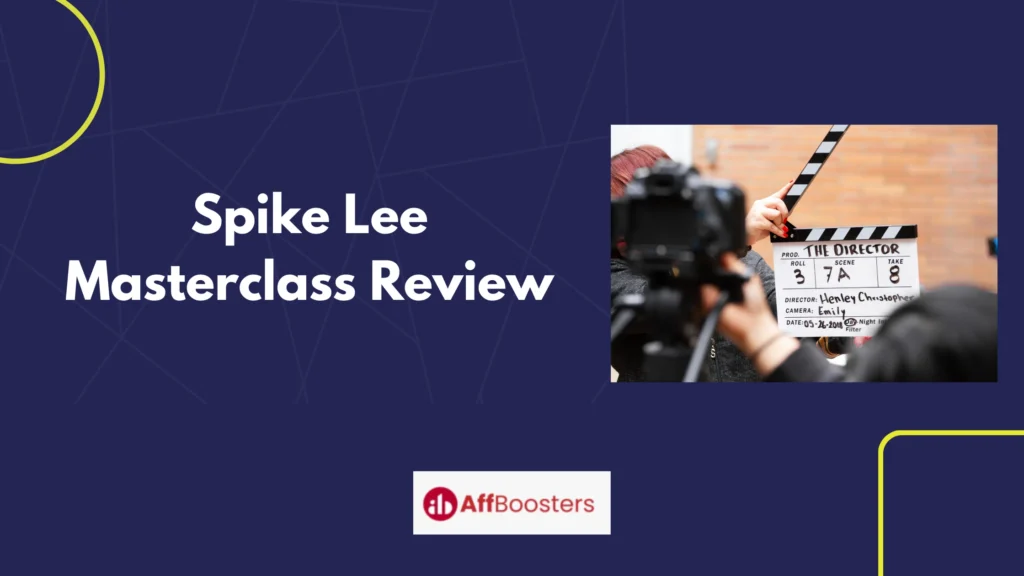
Bottom Line Upfront:
If you want to learn about making movies, Spike Lee’s Masterclass is really good. Spike Lee is famous for making films, and his class teaches a lot.
He explains how he plans his movies with simple things, such as index cards. You’ll learn about shooting and editing films.
The class lets you see how Spike Lee thinks and makes movies. It’s great for anyone who wants to make films or just learn more about how they are made.
You get lots of helpful tips and see how a well-known filmmaker works. This class is very useful for people who love movies and want to know more about how they are created.
You’ll also get an inside look into the mind of this genius filmmaker. This is a great way for anyone who has ever wanted to be a filmmaker or just wants more insight into filmmaking as an art form.
Summary Table Spike Lee Masterclass
| Aspect | Details |
|---|---|
| 🎥 Course Name | Spike Lee Masterclass |
| 👤 Instructor(s) | Spike Lee |
| ⏱️ Class Length | 19 video lessons (More than 3 hours of content) |
| 🎨 Category | Arts & Entertainment |
| 🎯 Who is this course for | Filmmakers passionate about learning professional filmmaking techniques |
| ⏳ Time Duration | More than 3 hours |
| ⭐ Rating | 9 out of 10 |
| 💲 Pricing | $180 |
| 📚 Overall Experience | Comprehensive coverage of filmmaking, from storytelling to casting, cinematography, and more |
Spike Lee Masterclass Review 2026: Best Filmmaking Course?
People who know Spike Lee and have seen his movies know his style!
So, they surely would expect a lot of surprises in this class. With 19 video modules, more than 3 hours of content, and a learning workbook, you will experience a lot of surprises.
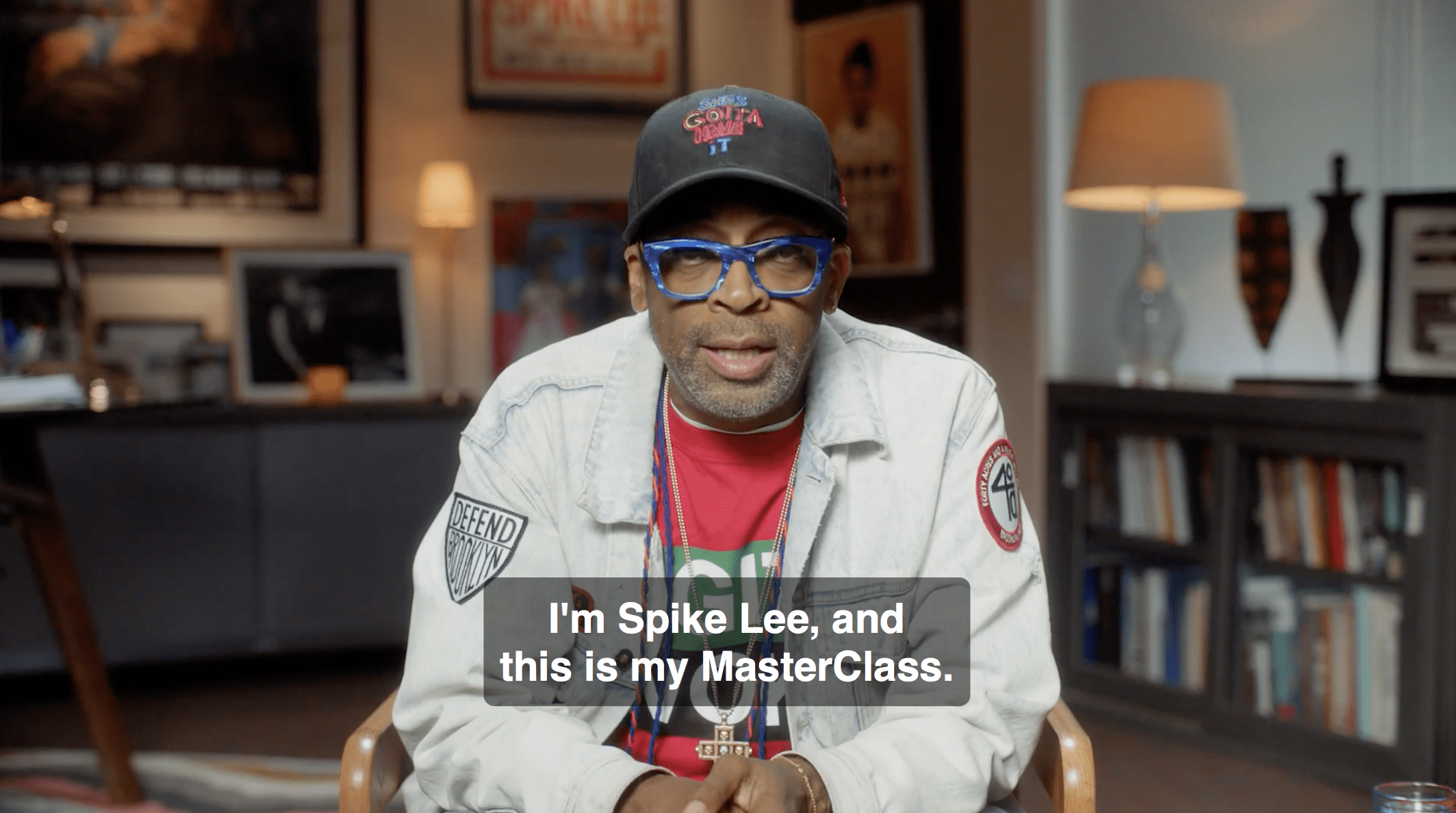
Throughout his elaborate Masterclass, Spike shows us how to put words on paper and turn our imaginations into reality.
Spike explains how engagement leads to creativity and something better than initially planned.
How to manipulate the material, shoot the place, and make people work for the report.
So, let’s get into this review of Spike Lee’s filmmaking Masterclass and see how he shows everyone how to do everything from the beginning, including case studies on his acclaimed projects like Malcolm X and BlacKkKlansman and how he overcame adversities during his struggling days to become one of the best in his genre!
Spike’s advice on writing a 120-page script!
Spike has the vibrations of the mentor because you cannot feel well and know exactly what to do after you have listened to him.
There is also a lot of good advice that is not just about the process (using examples like the next Black Klansman) but also important tips on what you should not do!
Spike tells us what you absolutely must avoid. Otherwise, you could end your career before it starts. He goes into his storytelling philosophy. You get to learn everything about developing a unique voice and creating brave characters.
It’s all about how to get the ugly truth of your characters and how to separate them from yourself.
“Do the Right Thing” to build a history lesson.
I like that we can see real movie scenes with Spike’s commentary as we try to teach you a specific lesson (for example, about a story or a character).
This makes LIVE class and gives a lively dynamic that lets you forget the forgotten time. I loved seeing the conflict between the two characters.
The characters who are right are right, both have their beliefs, and the shit gets really dramatic when they start bumping into each other.
Spike Lee never thinks of the first, second, or third act while writing. It was exciting. Another area that differs from many types of storytelling/writing/directing/filming.
I never thought there was only one way to do something, especially to tell a story. I loved hearing about high concepts by using a deeper analysis of BlacKkKlansman.
And then we reached a part of the course where my head exploded with emotion.
This section is called “Tell the Truth in Power” and includes Spike Lee’s analysis of one of my favorite movies and one of his favorite movies: The Sea.
Digging into the details of Spike Lee’s Masterclass!
Spike Lee’s Masterclass is for everyone who is passionate about filmmaking and who wants to learn how things are done in the professional circuit.
From storytelling to casting actors to photography and cinematography, Lee covers almost every key aspect of turning an ordinary script into an amazing movie.
Staying organized when putting pen to paper!
It is interesting to see Spike’s creative process laid out. In the first lesson, he explains how he uses index cards to record his ideas and bring some order to them.
He then goes on to briefly explain his research process. Spike Lee’s approach differs from the other storytellers whose Masterclasses I have watched. But I like Spike’s process better.
There is a logic that works for me, and I think it will work for many other students.
This section contains several tips to help you develop a process that works. A way to ensure that you can pull everything you need to write your script together and be as productive as possible.
Importantly, he also covers writing collaboratively, which is rarely discussed in other film-making or writing courses.
Storytelling: The Spike Lee way!
How you tell a story is vital. Undoubtedly, the fact that he broke the mold and made films about subjects that particularly resonated with him is a big part of Spike Lee’s success.
He explains why he works this way and the principles (outlined below) that he uses when writing his stories.
- How to create distinct characters
- How to avoid falling into the trap of creating a one-sided narrative
- How do you find a story that resonates with you
- Learn not to be afraid to do things differently – there is no formula
- How to connect with today’s audience even when dealing with historical themes
- Financing and budgeting as a filmmaker
One of the biggest challenges people face when starting as a filmmaker is finding the money to make their film. It is clear that when Spike began his career, he also had to work with a tight budget.
So, the tips he shares with his Masterclass students are all practical and sound.
By way of explanation, Spike shares how he financed Malcolm X. This video is a real eye-opener.
I would never have imagined that selling merchandise could be a way to make money for a film that is yet to be made. But Spike Lee saw the potential of this approach, and it is one of the ways he pulled together the cash he needed to make Malcolm X.
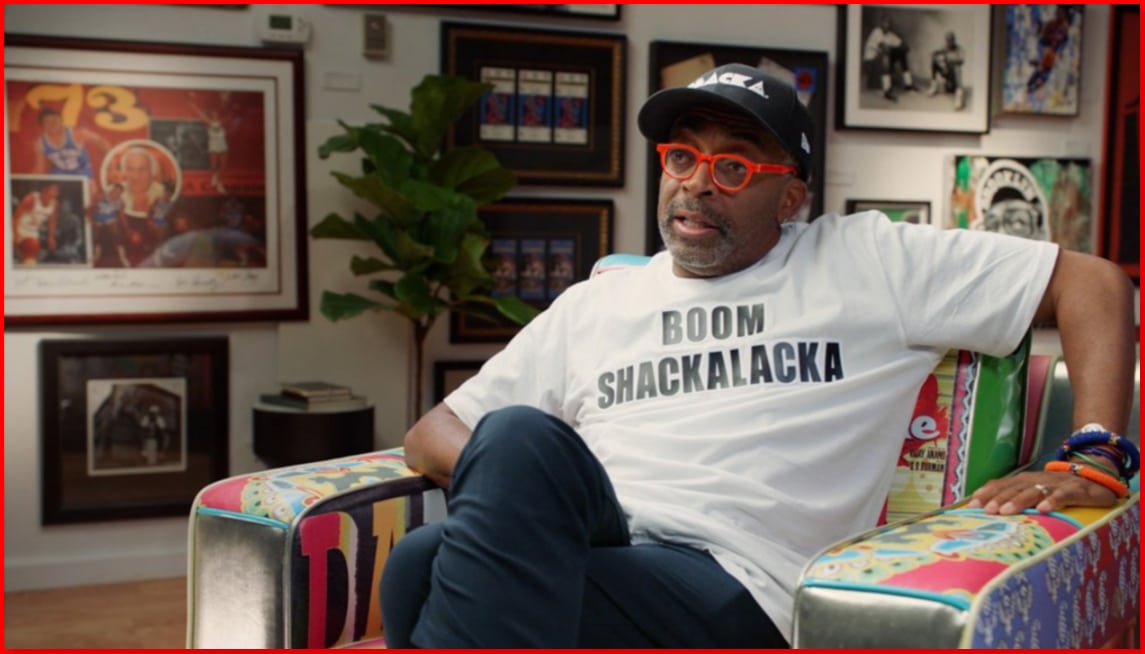
He also mobilized the black community to raise the money he needed to ensure the film was correctly made.
It needed to be longer than 2 hours to show the full evolution Malcolm X underwent to become the leader he was.
That was expensive, but with the funds he raised, Spike could do justice to the subject and tell the full story.
Casting the right people for your film!
Lee addresses the significance of casting after discussing the Malcolm X case study. This was one of the longest and most in-depth lessons.
Spike goes straight to us to give us a Masterclass casting just so that he can choose the right actors for the right roles and make a good movie. He starts the lecture by explaining:
“Bad actors, bad newspapers could be a bad movie.”
Spike Lee sees casting as critical to a successful film. He’s taking his time selecting his cast. Making people come back 4 or 5 times before agreeing to recruit them.
Throughout this segment, he shares some fantastic tips.
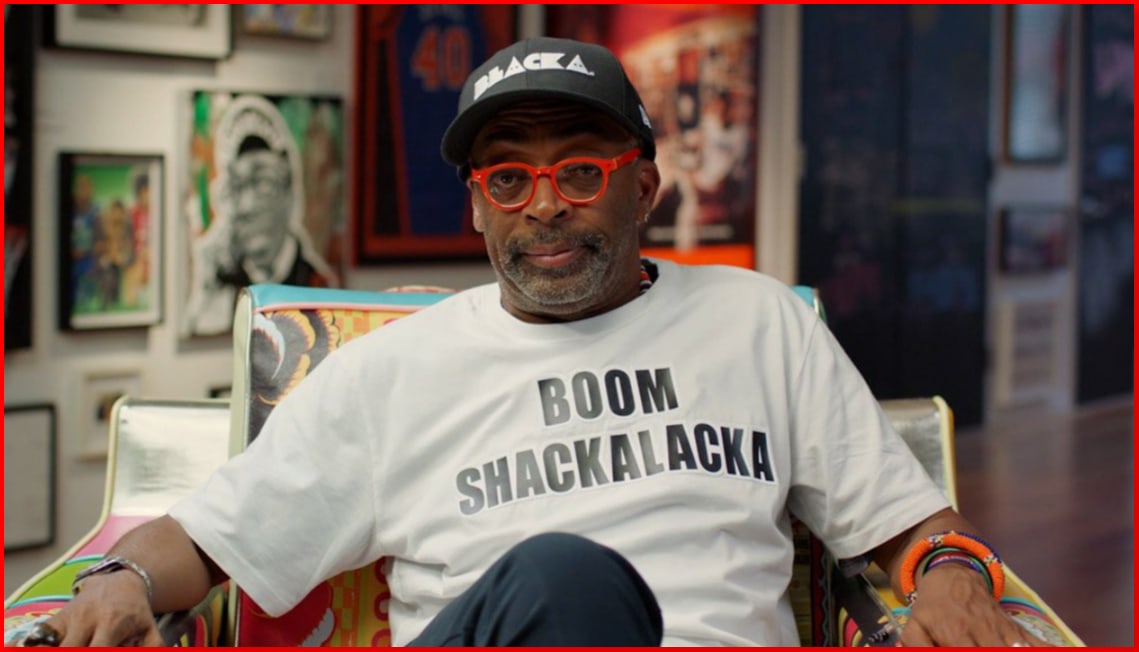
I didn’t find things in any of my other Masterclass film-making courses. For instance, the importance of casting pairs together. This allows you to ensure that the chemistry between them is real.
As Spike points out, the camera never lies. You need some natural chemistry between the actors that play those two characters to make a believable couple.
Spike guides you through how he casts some important characters in his films to help you understand his casting process. He also tells an exciting story that shows you can’t afford to be shy as a moviemaker.
You must push to get your script into your right hands and attract the needed actors.
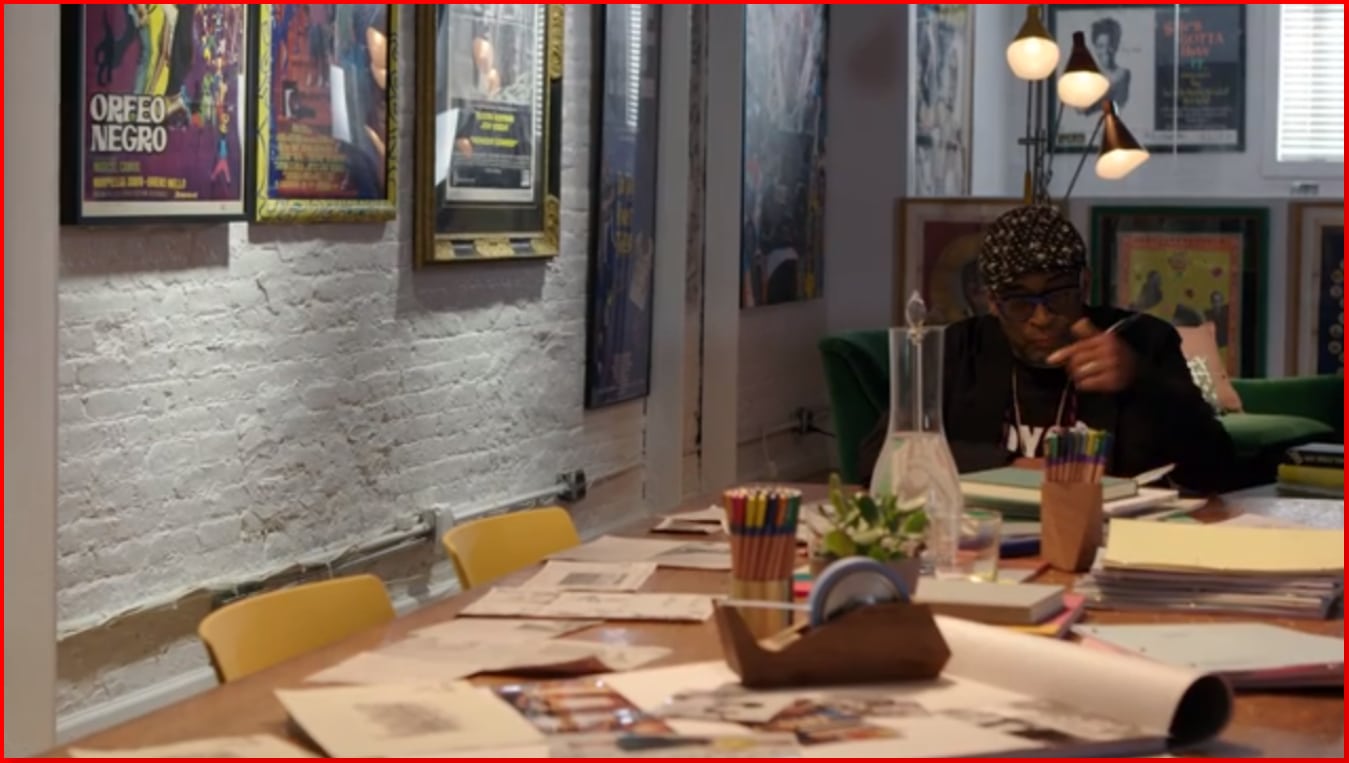
Spike then covers collaborating with your actors later in the course. He talks about how to bring out an artist.
How do you make them understand their character to the max? Usually, when you do that well, you will find that the actor enriches your characters in ways that would otherwise not have happened to you.
It’s very clear he loves his actors and will go the extra mile to show them that. He actually dedicates a whole video to this subject.
Choosing your director of photography!
It’s essential to listen to your photography manager. They play a critical role in turning the story into its final shape. There’s no bickering when you meet someone you fit together with.
You develop and appreciate each other in such a way as to make the filming process even less stressful.
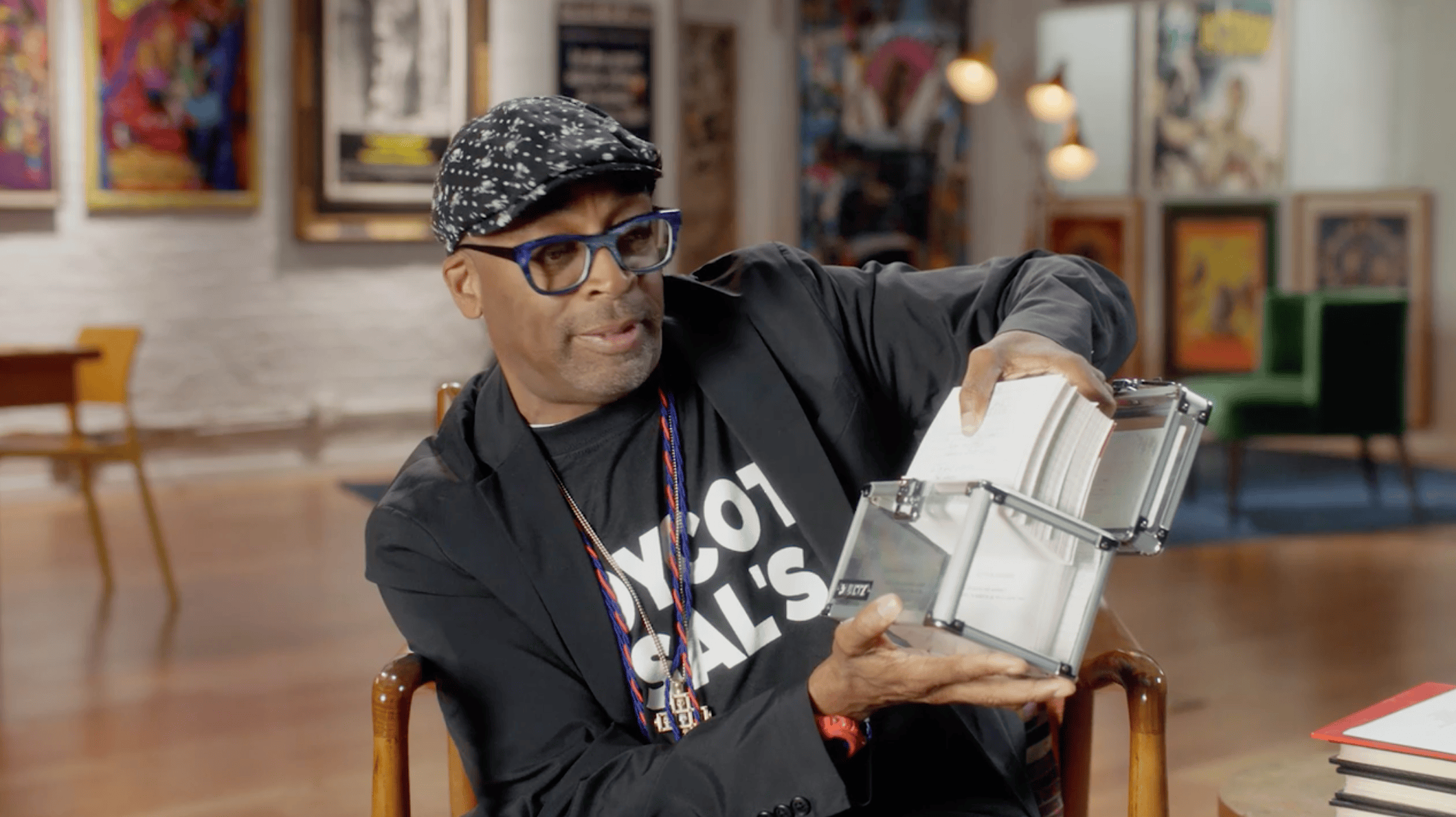
He suggests going scene-by-scene through the film before you start shooting to ensure you understand each other and really do.
Here, Spike describes how the process of collaboration will work. Getting that understanding will help you recruit the right person.
How Do You Use Cinematography To Tell Your Story?
The way the camera is used, the shots you take, the stance, the lighting, and the scene’s rhythm all contribute to the story. They embellish your characters and strengthen them.
Spike goes through a Do The Right Thing scene to show how that works.
One example is how shooting someone from below makes them appear more powerful in the public’s eyes. He demonstrates various other techniques of shooting and storytelling, using 25th Hour scenes.
This has been my favorite part of the filmmaking course, Spike Lee. He developed from Mira Nair’s Masterclass on what I had learned about this subject. I was willing to take a course free of charge because I had obtained a Masterclass all-access Pass.
Aside from that, if you want to take more than 2 Masterclasses, this is certainly the way to do it. You are getting the pass for the same price as the two courses.
So, the remaining 48 + courses, which you can theoretically take, can all be enjoyed at no discount.
Spike Lee’s Masterclass: A School for Mini-Movies!
After immersing himself in many creative lessons, Spike takes the lessons in a different direction and begins teaching you the cinema’s commercial side.
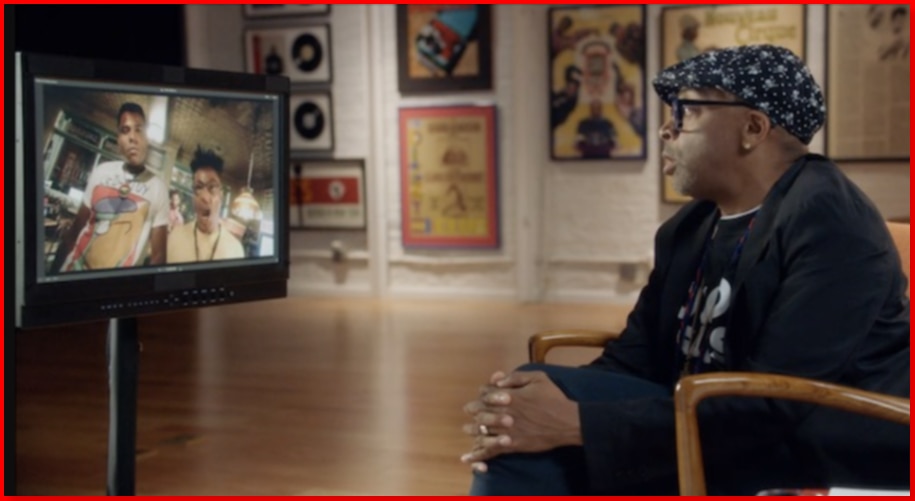
We learn all about your budget strategy and that, before writing a word in the script, Spike calculates how much money he can bring to the film.
A thorough and appropriate discussion of how we have an ideal view of the scenes, but if you don’t have the resources, you need to get involved.
For the first time, if you’re an independent filmmaker and your budget is small, you’ll need to take this course as budget and money constraints are recurring topics in college.
Spike Lee’s Masterclass workbook
As you can see from my review on Masterclass.com, with every course, you get a free workbook and the chance to ask your professor questions directly.
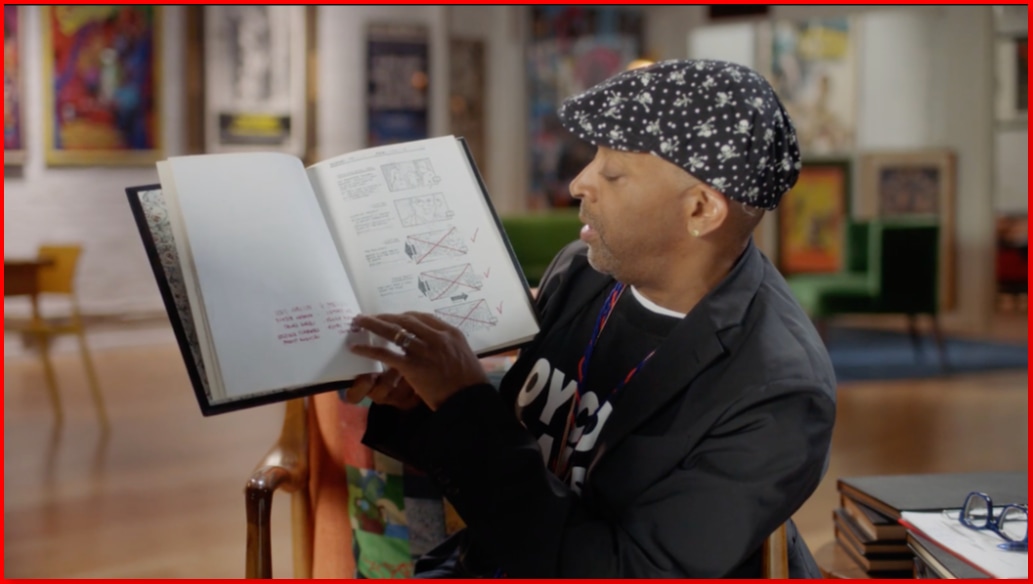
Both apps are outstanding. The workbook by Spike Lee is not the best, but the activities that he provides will prove helpful to filmmaking students.
The list of movies he suggests showing his students to learn more about making movies is long, but it includes some excellent films. I’ll watch or re-watch a few of them for one.
What I Liked About Spike Lee’s MasterClass
Case studies and examples of a high-caliber
The fact that this class was so visually oriented was one of the aspects that I appreciated about it. It illustrated how cinematography appears on screen through screenings and photos, which supported Spike’s instruction.
This is important for learners who are not physically there and risk losing engagement. Because it enables you to actively investigate a scene, it is also beneficial for people who learn best through visual and kinetic means.
Examples from Spike’s work and well-known films are abundant in the lessons he teaches. When it comes to learning about media that is mostly visual, such as film or television, I believe this is the most effective method.
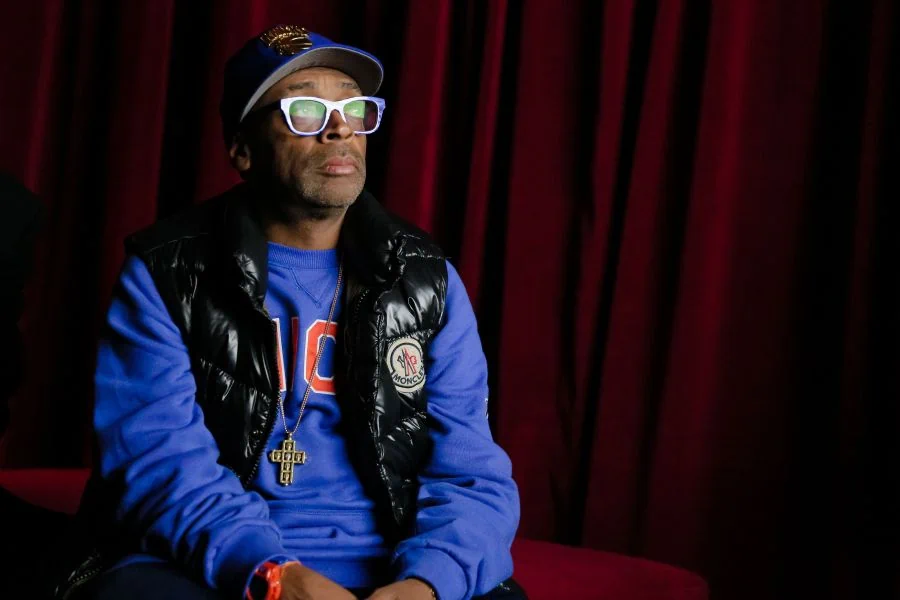
Instruction That Is Simple to Understand
Spike teaches straightforwardly and straightforwardly, as I’ve remarked in the past. Because he was a professor at Harvard in the 1990s, he has a wealth of expertise in communicating effectively with audiences and conveying his ideas.
Spike isn’t bashful about exposing creative processes; he frequently walks us through the first drafts of his screenplays and index cards for the movies he’s directed.
Compared to other MasterClasses, in which instructors were occasionally reluctant to share too much of their techniques, I found this one invigorating.
Spike, on the other hand, walks us through the process of how he plans his storylines and crafts situations in a very methodical manner. Any film student searching for practical examples of where and how to get started will benefit tremendously from reading this.
Beneficial Community Center
In addition to the high-quality Workbook, Spike’s community center is an excellent area to investigate further learning opportunities and engage in class discussion. Within each discussion thread, a member of the MasterClass team will initiate a topic for discussion that is connected to the material covered in the class.
This is an excellent approach for many people to consolidate their knowledge and discuss their thoughts. Users can get feedback on their script ideas and even dispute areas of Spike’s teaching that they usually wouldn’t have the opportunity to discuss due to the nature of the platform.
What Could Be Improved
Not for the First-Timers
Even though Spike’s courses avoid using overly difficult vocabulary, this class is not truly designed with beginners in mind. In fact, it presumes that the viewer already has a fundamental understanding of film and does not go into detail on the operation of the camera, the terminology used, or any physical demonstrations.
Finding an idea, creating a script, and assembling the perfect cast and crew to bring your vision to life are all covered in detail in Spike’s introduction to the class, which is in the form of a step-by-step tutorial.
I thought this class was primarily oriented toward film school students aiming to develop their very first feature film.
Concentrate on the Production of Socio-Political Films
Spike Lee wants to introduce diversity to the big screen, and he also wants to represent racial issues that aren’t being spoken about. Anyone familiar with Spike Lee knows this.
Even though only a couple of the chapters are dedicated to the topic of film as activism, it is vital to note that this is a significant aspect of Spike’s filmmaking.
Another course might be more suitable for you if you’re searching for filmmaking classes that are more lighthearted and focused “strictly on entertainment.”
When it comes to issues of diversity and inclusion, it is easy to understand why Spike is so eager to discuss his “mission” with his audience and to fight for the causes he believes so strongly in.
Masterclass Pricing Plans
You can purchase a Masterclass in two ways: a single Masterclass and an All-Access Pass for any of the gurus on the platform.

- Single Masterclass: $90
- All-Access Pass: $180 per year
The All-Access Pass comes in handy when you wish to take more than one Masterclass, so there is no limit on the number of Masterclasses on the All-Access Pass.
A 30-day money-back guarantee is also available for any of the Masterclass packages you purchase, and you will get a complete refund if you are not satisfied with their services.
Quick Links:
- Christina Aguilera Masterclass Review
- Marc Jacobs Masterclass Review
- Aaron Sorkin Masterclass Review
Some Comments On Reddit:
Comment
byu/LilGl1tch from discussion
inMasterClass
Comment
byu/LilaMarigold from discussion
inMasterClass
Conclusion | Spike Lee Masterclass Review 2026
Often, I don’t like anything enough to recommend it to virtually everyone. But this Masterclass is the exception for sure.
There’s a bit of swearing in the course, but besides, it’s appropriate for most audiences. Fans of his movies are sure to enjoy it.
All can be discovered by filmmakers. Writers will also benefit. Of course, they can learn from the process of creating the story of Spike Lee.
Yet, most of all, this course helps you think about how our actions impact how we feel and think.
It lets you understand a film’s potential strength. We should all do something before learning more about it. What we watch has and will profoundly influence the people we are and become.

